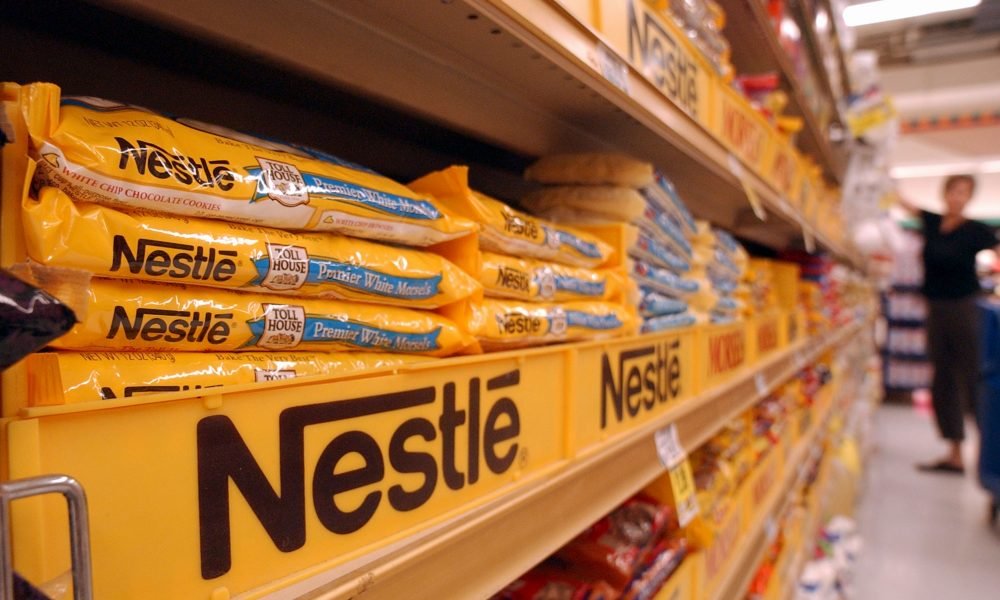
Nestlé Wants to Personalize Your Diet with AI and DNA Research

Nestle, the largest food company in the world, has opted for personalized nutrition with just a dash of DNA testing, artificial intelligence and the new-age man’s obsession with Instagrammed food. The program, originating from Japan, may provide this Swiss multinational company with a flood of data about customer wellness and diets as it enhances its consumer base from those seeking to improve their health and longevity.
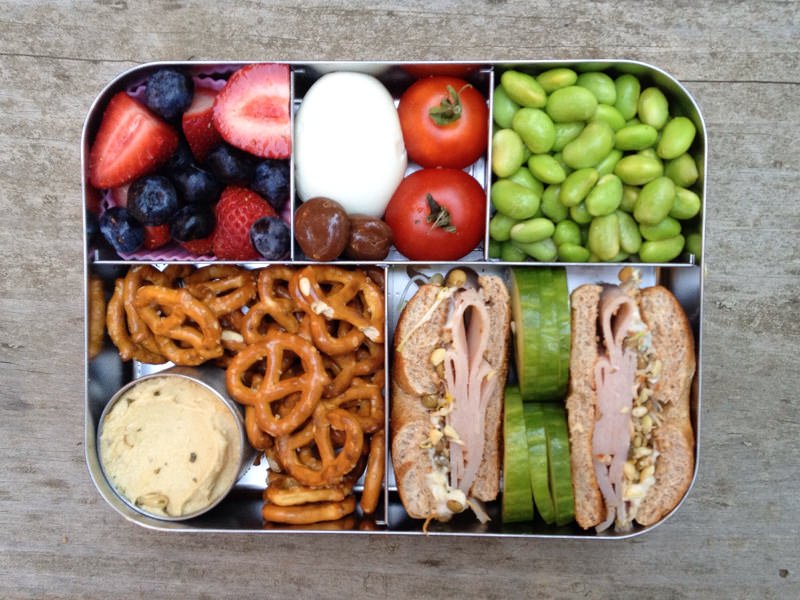
Japan alone had about 100,000 customers under the ‘Nestle Wellness Ambassador’ program, where they send in images of whatever meal they were eating through an app called Line, and then Nestle recommends dietary replacements, lifestyle changes and formulated supplements. This program could cost as much as $600 for 365 day’s worth of capsules for nutrient-rich smoothies, teas, and vitamin-fortified snacks. Most of this personalized approach was driven by small companies, with a limited outreach but Nestle is going a step further and preparing the algorithm between test results and genetic information and then recommend possible individual dietary solutions. If they finalize the system, it would be a giant step forward.
A Move towards Healthy Diets
Nestle’s program is a deviation from regular course for the company which is 152-years-old, and it sold its candy unit (for US distribution) this year amid reduced demand for sugar-laden treats. Nestle has invested heavily in healthier food options including the meal-delivery service Freshly and the vegetarian Sweet Earth Foods. The company purchased Atrium Innovations, a Canada-based dietary supplement manufacturer in March 2018 for $2.3 billion, its biggest medical/nutrition splurge in over 10 years. Health problems related to nutrition and food have become a major problem in Japan and Nestle feels obligated to address that trend on an international basis and brand it their corporate mission for this century. The wellness segment may eventually generate 50% of Nestle’s sales in Japan.
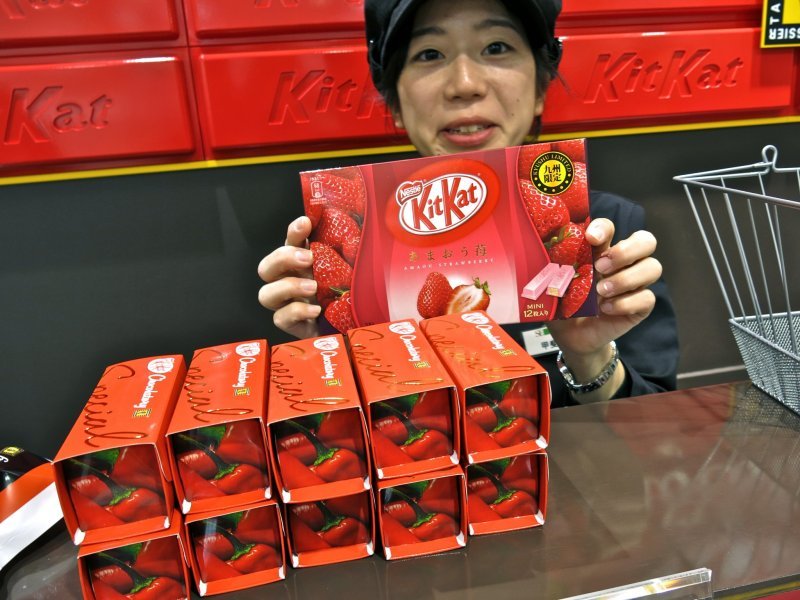
The investments also bring along with it a growing interest in nutraceuticals, which are food-derived ingredients, packaged and processed as wellness aids and even as medicines for consumers very skeptical about mass produced products. Nestle employs over a large number of scientists in fields like cell biology, genomics and gastrointestinal medicine at their Nestle Institute of Health Sciences and has developed tools to measure and analyze nutrient levels in consumers.
Decades later, all companies will perhaps have to do it as the industry has witnessed a setback with consumers desiring less processed products and more natural ones, while adding supplements is deemed to be creating artificial and fake food. Some nutritionists are skeptical about the utility value of customized diet plans, which are based around supplements and whether these have a placebo effect rather than a medically sound one. Nestle’s novel program is intended to personalize diets which may not be all that necessary, as confirm the experts and usually when people think that something is healthier, they may even feel healthier.
Early Moves
Campbell Soup Co. was one of the first adopters amongst the other food corps, and had invested about $32 million in 2016 in the company called Habit, a start-up based in San Francisco. The company utilizes blood and DNA profiles to make intake recommendations, while also offering tailored meal-kits and nutritional coaching. Another food company, Big Food is harnessing genetics and AI to navigate changes in the way clients make their choices, which have upset businesses from television all the way to transportation. Today, innovation lies is using AI and the internet to solve futuristic problems yet to be articulated by customers or unsolvable problems given up earlier. The future lies in preparing food as per consumer choices.
Branding is not enough
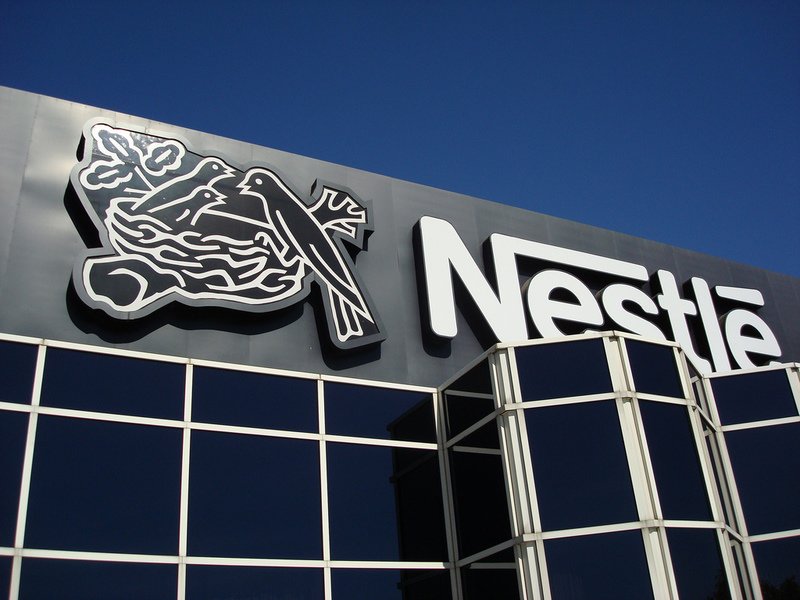
Experts say that major consumer companies do not rely on their power brands to entice a generation which grew up in the e-commerce era. Youngsters tend to only search for things online and not just rely on big brands. When people speak about brand marketing, youngsters are thinking ‘what’s that’? There are probably many things we don’t realize about our health that can be discovered in a genetics and blood test and even if we feel healthy, knowing more about health quality, is preferable.
Health Consciousness
Peter Brabeck-Letmathe, the former chief of Nestle says in his book published in 2016, “Nutrition for a Better Life”, that personalised health programs and diets are the future of nourishment and predicted the use of a capsule, much like a Nespresso, people can consumed individually made cocktails full of nutrients or concoct their food using a 3-D printer according to health recommendations. In 2016, Japanese subscribers to the wellness program drink nutrient-enhanced teas available in capsule form, using a Nespresso-like product, Nestle’s trademarked coffee machine. Consumer buy-in is possible as today’s is a hedonistic, me-first type of times and this is pretty much what the future looks like.
More in Health & Fitness
-
`
4 Simple & Efficient Tips to Keep Your Skin Glowing This Winter
If you are someone who has a proper skincare routine, you must be bothered by dry skin in winter. Do you...
November 2, 2023 -
`
Summer Vibes: 5 Ideas for Unforgettable Hangouts with Friends
Summer is the season for outdoor fun and creating unforgettable memories with friends and loved ones. Whether you’re looking for a...
July 5, 2023 -
`
What Do These Skin Problems Tell about Your Health Condition?
Some medical conditions are tricky to spot simply because they are hidden and almost show no symptoms. However, they can manifest...
June 13, 2023 -
`
Wellness Tips to Help You Get Rid of Your Winter Blues
Winters can be a tough season not just for our body but also for our mental health. The sun rises later than usual...
May 7, 2023 -
`
Exploring the Latest Skin Care Trends: What’s Hot and What’s Not in 2023
The world of skin care is constantly evolving, with new ingredients and treatments popping up every year. With so many different...
April 24, 2023 -
`
Celine Dion Values Her Skin So Much That She Dropped $2 Million For This Device!
Utmost focus has been given to skincare, especially during this quarantine season, as more and more people opt to take care...
April 11, 2023 -
`
Samuel L. Jackson is a Vegan and He’s Not Ashamed to Admit it
Samuel L. Jackson, the iconic Hollywood actor, has been expressing his preference for vegan eating since August, 2018, due to some...
April 6, 2023 -
`
Terry Crews Uses THIS Technique to Maintain his Impressive Physique
Crews is a big boy. The Brooklyn Nine Nine actor maintains his weight at 245 lbs and being this bulked up...
April 5, 2023 -
`
The Most Famous Procedures in the Plastic Surgery Capital of the World
If you think that the United States is the place where the most number of cosmetic surgeries in the world happen,...
April 5, 2023
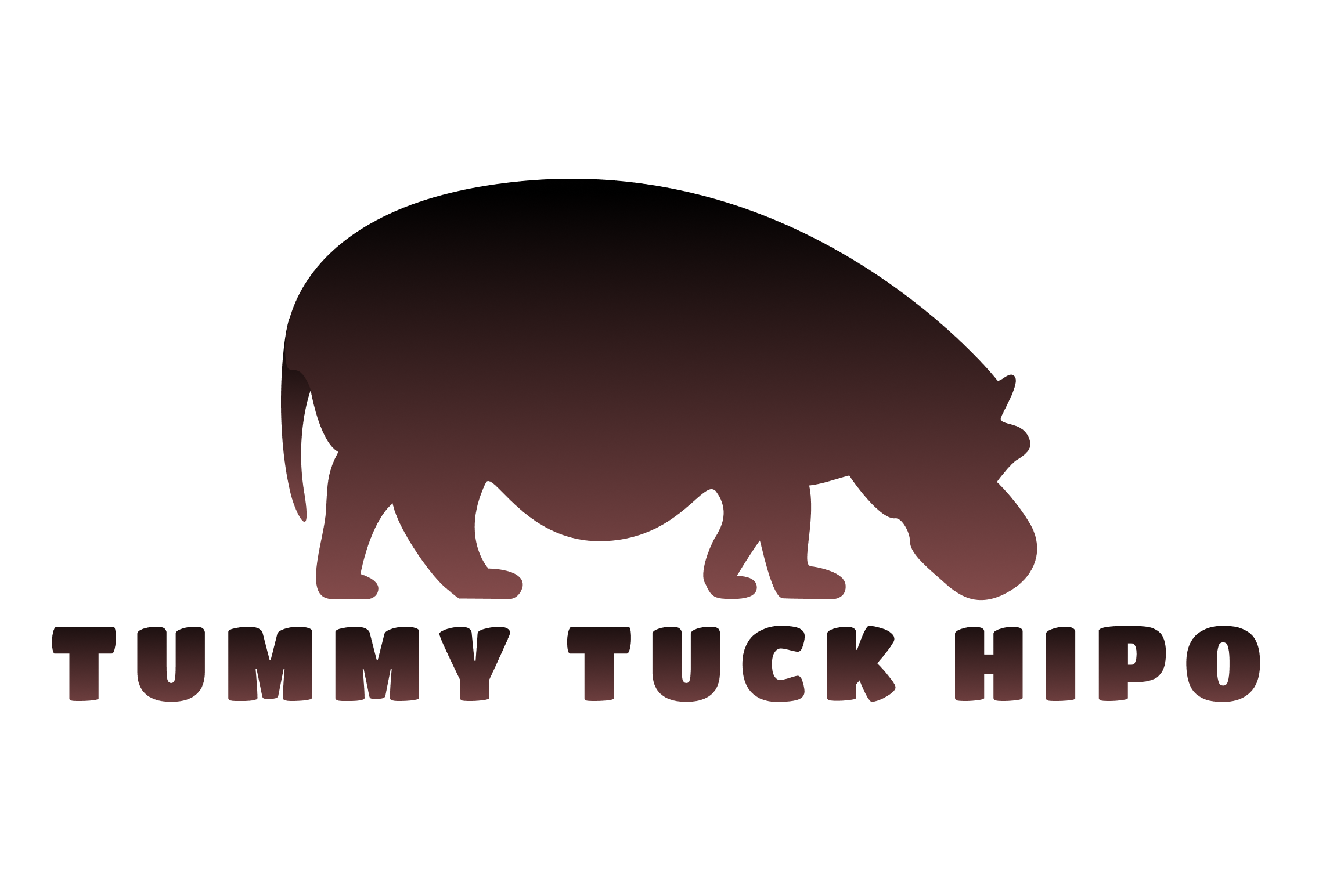




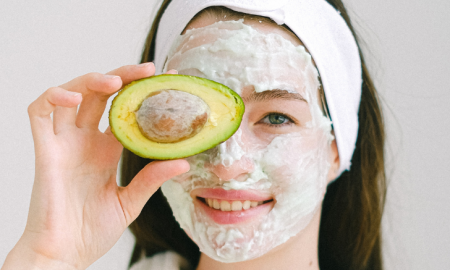
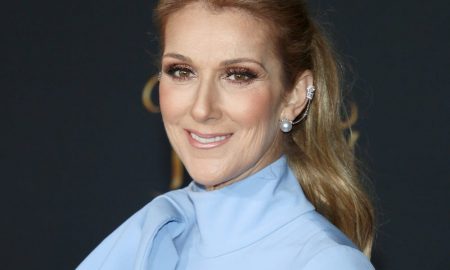
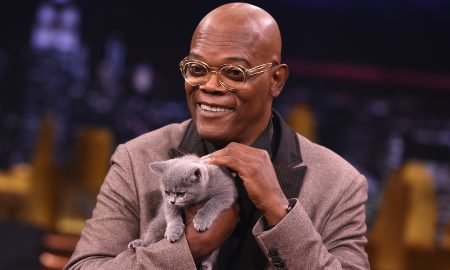
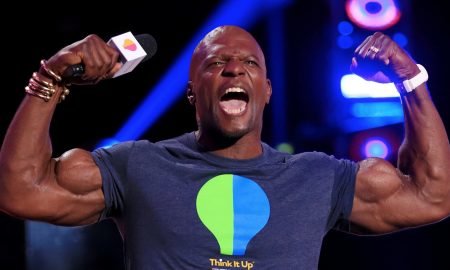




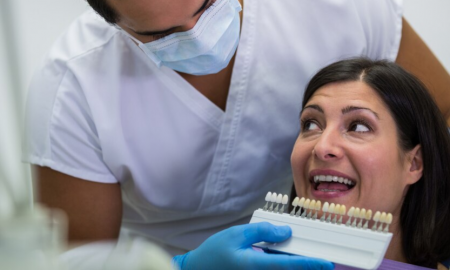

You must be logged in to post a comment Login